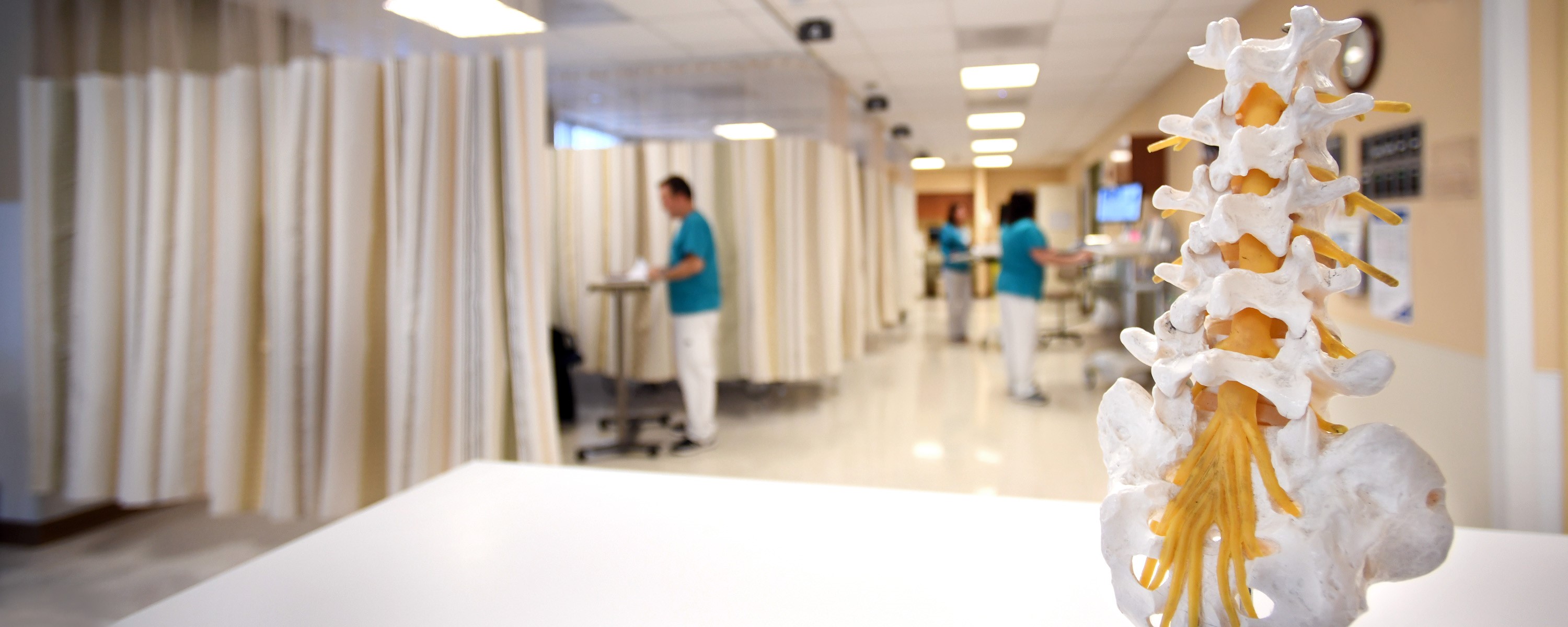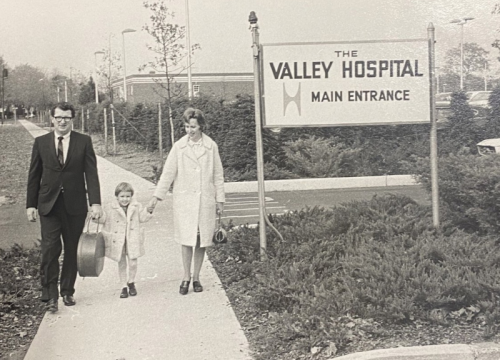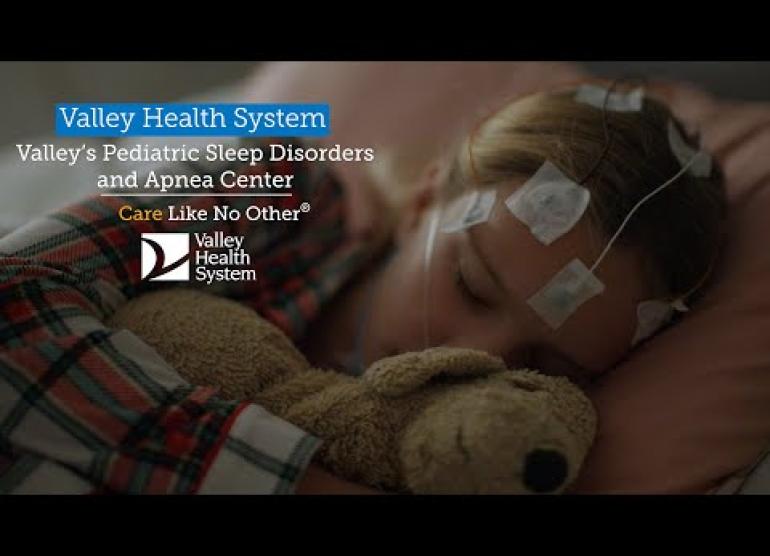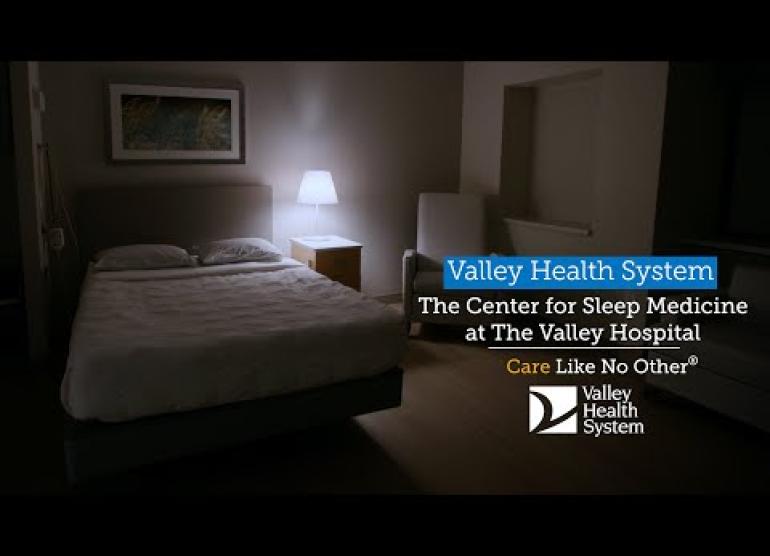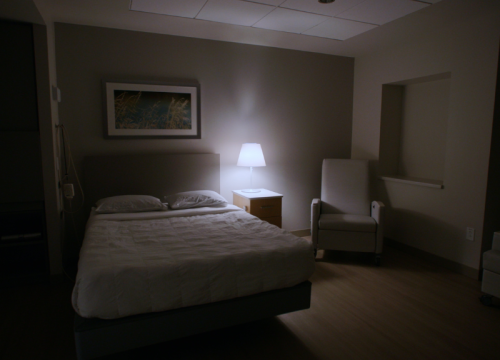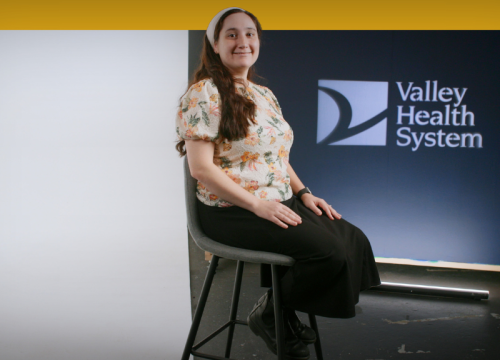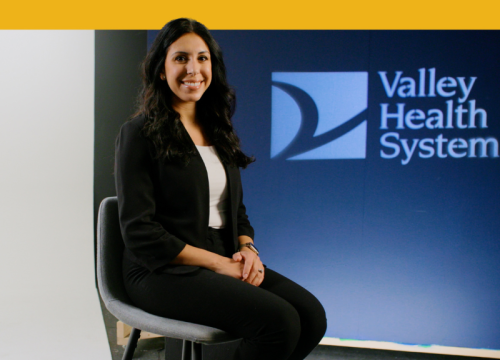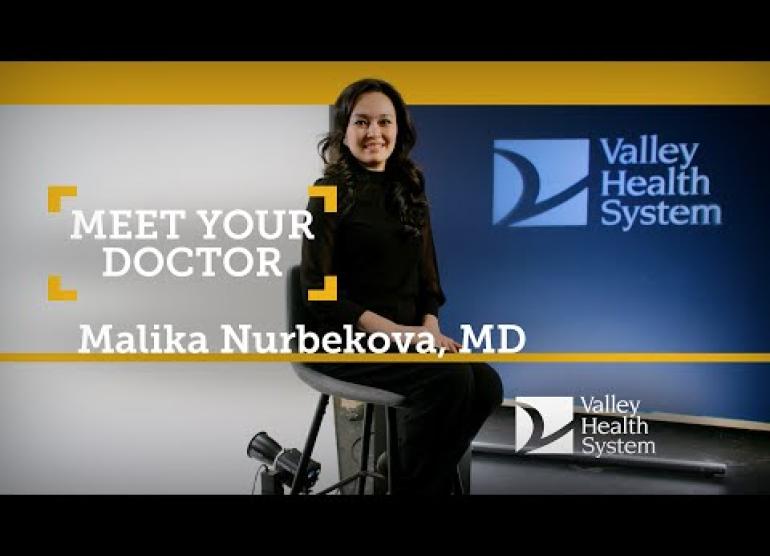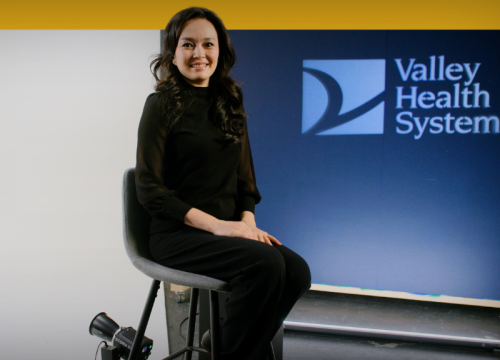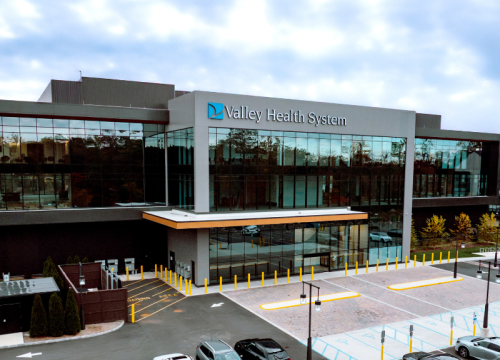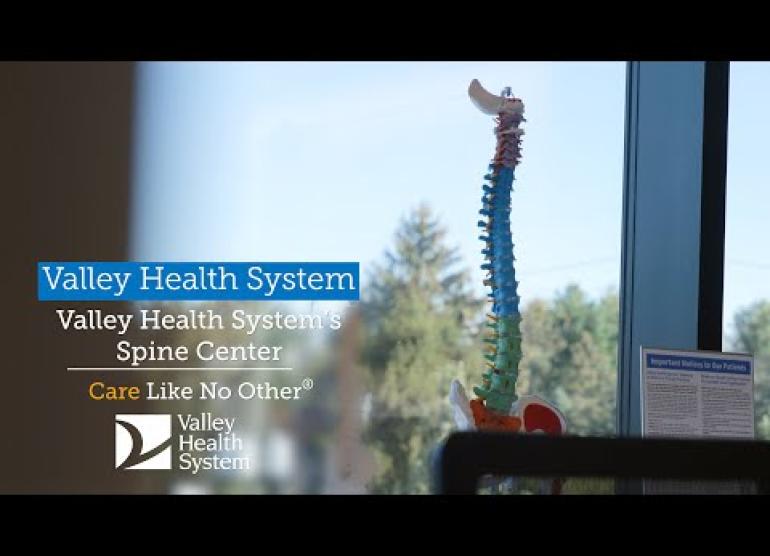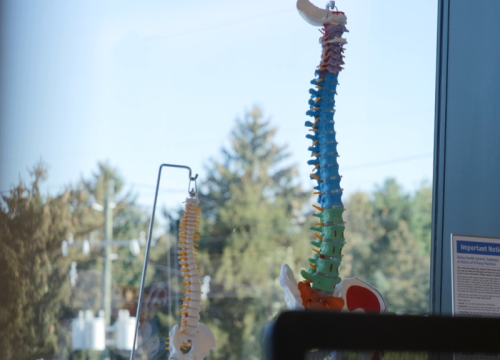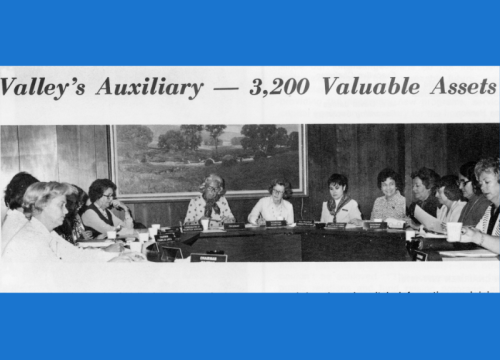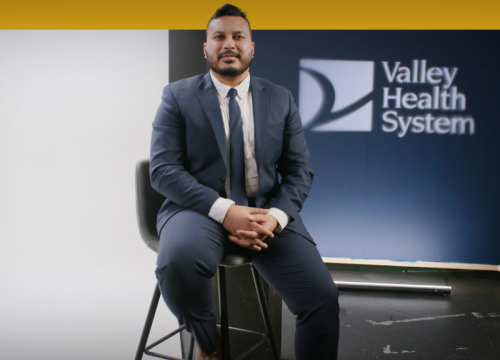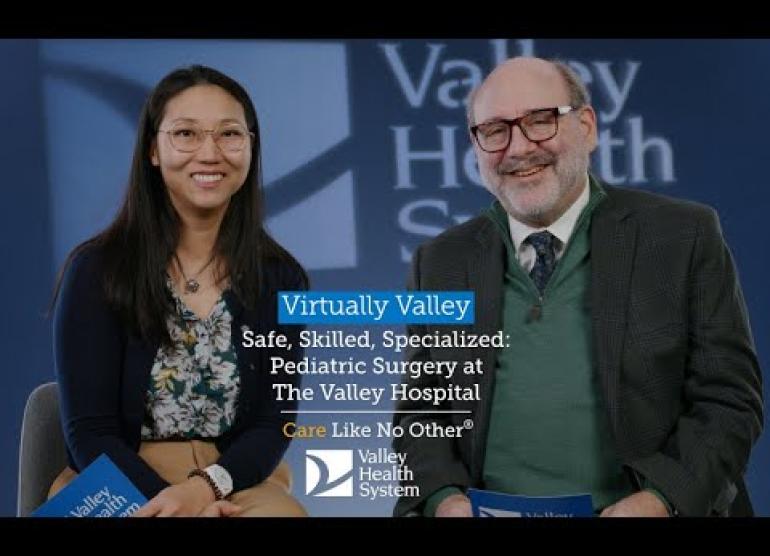Coming Soon to Ridgewood!
Pain management procedures will be moving from the Luckow Pavilion to Valley Health System – Ridgewood Campus (223 North Van Dien Avenue, Ridgewood). If you have questions, please ask a member of your care team.
The team at the Valley Pain Management Center believes that one person in pain is too many, especially if that person is you. Our physicians, nurses, allied medical personnel and administrative staff are here for one purpose: to get you out of pain as quickly as possible.
Pain management services are available to inpatients at The Valley Hospital; outpatient services are located at the Pain Management Center’s state-of-the-art offices at the Valley Health System - Ridgewood Campus, and the Valley Health System - Montvale Campus.
The Valley Approach to Pain Management
Physical assessment: To determine which therapies will be most effective, physicians at the Pain Management Center first conduct a thorough, non-invasive physical examination to determine what causes your pain. This examination involves a complete neurological and musculoskeletal exam, surveying the spine, nervous system, extremities and various joints.
Thorough testing: If necessary, X-rays, blood work and additional tests help physicians zero in on the source of pain. The results of these tests may indicate whether the pain originates from the spinal cord or from a peripheral nerve that acts as a conduit to a specific part of the body.
Personalized treatment: Valley’s pain management specialists will prescribe the treatment that’s right for your needs and test results. Whenever possible, physicians first prescribe a conservative course of pain relief, such as pain-relieving medications, physical therapy and/or psychological support, before exploring more advanced therapies.
Conditions Treated
- Arthritis
- Back and neck conditions (including herniated discs and spinal stenosis)
- Cancer pain
- Failed back surgery
- Fibromyalgia
- Muscle and joint pain
- Nervous system disorders, including shingles
- Osteoporosis
- Post-traumatic injury
- Pain resulting from a work-related injury
- Recovery from surgery (including cardiac surgery, orthopedic surgery, hysterectomy and other procedures)
- Sciatica
- Shingles
- Unsuccessful back and neck surgeries
Treatments Offered
- Eastern medicine techniques, such as medically prescribed acupuncture
- Nerve blocks
- Non-invasive therapies
- Pain medications
- Radiofrequency ablation
- Spinal cord stimulator
- Steroid injections
- Trigger point injections
Why Choose Valley for Pain Management?
Convenient Care
When a patient is in pain, a two-week wait can seem like a two-month wait. That’s why our team works to reduce the time it takes for you to meet with our specialists. We also offer convenient weekday, Saturday morning and evening hours to meet your busy schedule.
Non-Invasive Treatments
Whenever possible our physicians will first prescribe a conservative course of treatment, such as pain-relieving medications in combination with physical therapy and/or psychological support. Some patients benefit from techniques that combine aspects of Eastern medicine with Western approaches.
State-of-the-Art Techniques
If non-invasive therapies don’t successfully address your needs, our pain management specialists can recommend and are skilled in performing therapies such as:
- Ultrasound-guided injections: This in-office procedure uses ultrasound imaging to help guide joint injections allowing a more precise and exact injection location. The procedure does not involve radiation and is often a quick and pain-free experience for the patient. Because the injections are being guided by ultrasound imaging rather than fluoroscopy, this procedure allows for expanded options for joint injections (trigger fingers, carpal tunnel, etc.)
- Nerve blocks: Local anesthetics, painkillers or steroids are injected near specific nerves in the spinal column. Nerve blocks are most commonly used to treat neck, back, and leg pain, as well as herniated disks. Various peripheral nerve blocks can help treat pain in the face, arms, hands, and joints in the back. Nerve blocks can be done under fluoroscopic or ultrasound guidance.
- Radiofrequency ablation: A specialized needle is inserted near a nerve and heated, which renders the nerve incapable of transmitting pain. This procedure is often effective for alleviating neck, back, and disc pain.
- Spinal cord stimulator trial: Using a needle, a small device that stimulates the spinal cord with a small electrical current is inserted into the epidural space to interrupt the transmission pf pain signals.
Understanding the Mind/Body Connection
Chronic pain isn’t just a physical ailment – it can affect your psychological and spiritual well-being, too. In addition to completing your physical workup, our physicians may recommend a psychological evaluation to help better understand your perspective and provide suggestions and support to cope with your pain.


